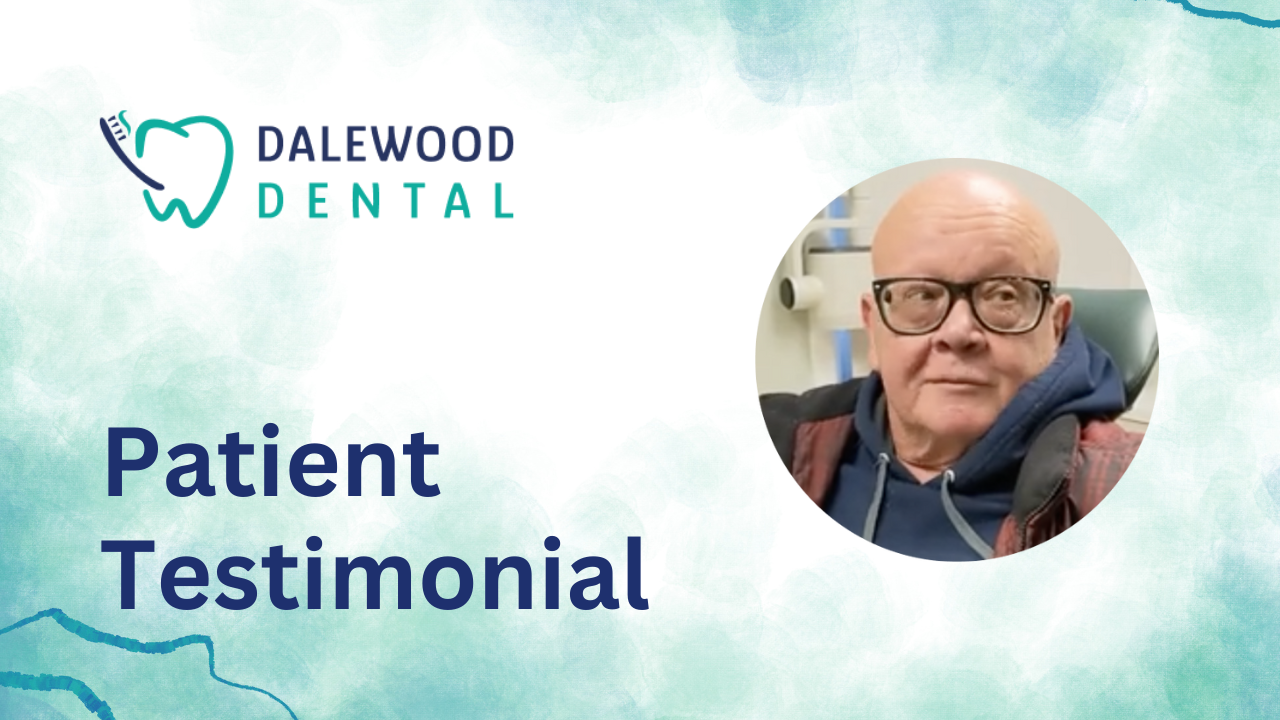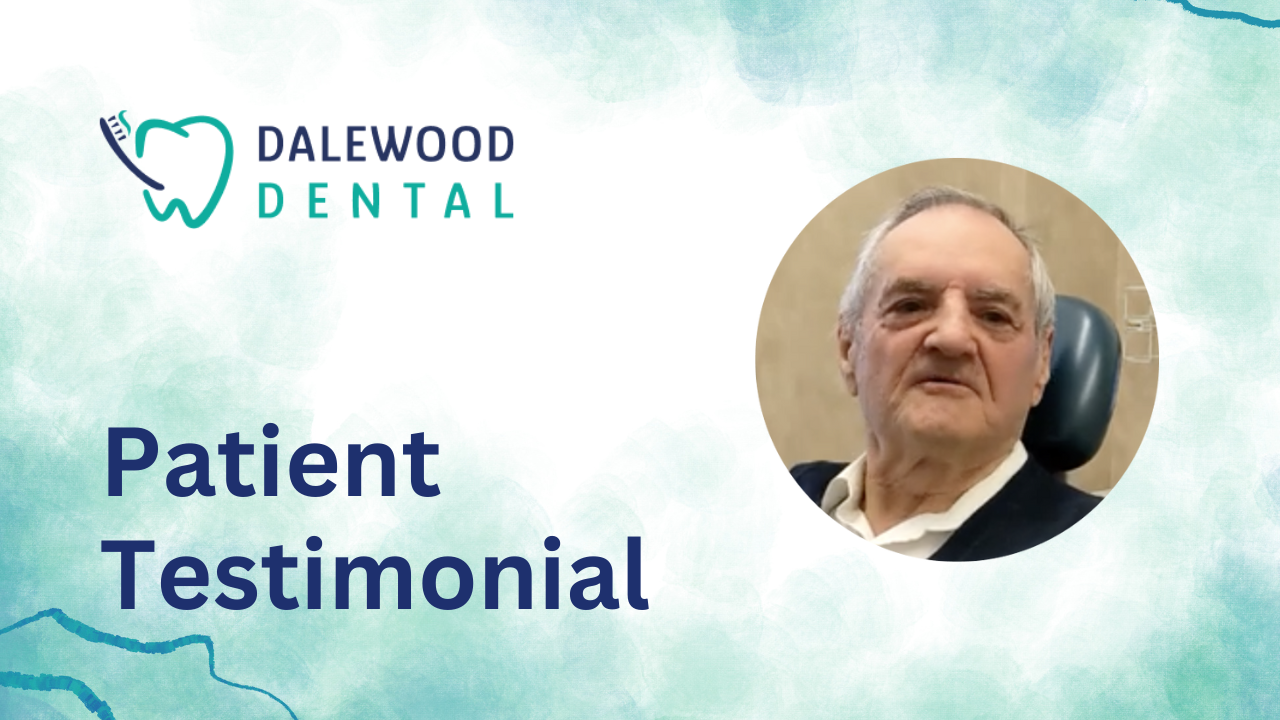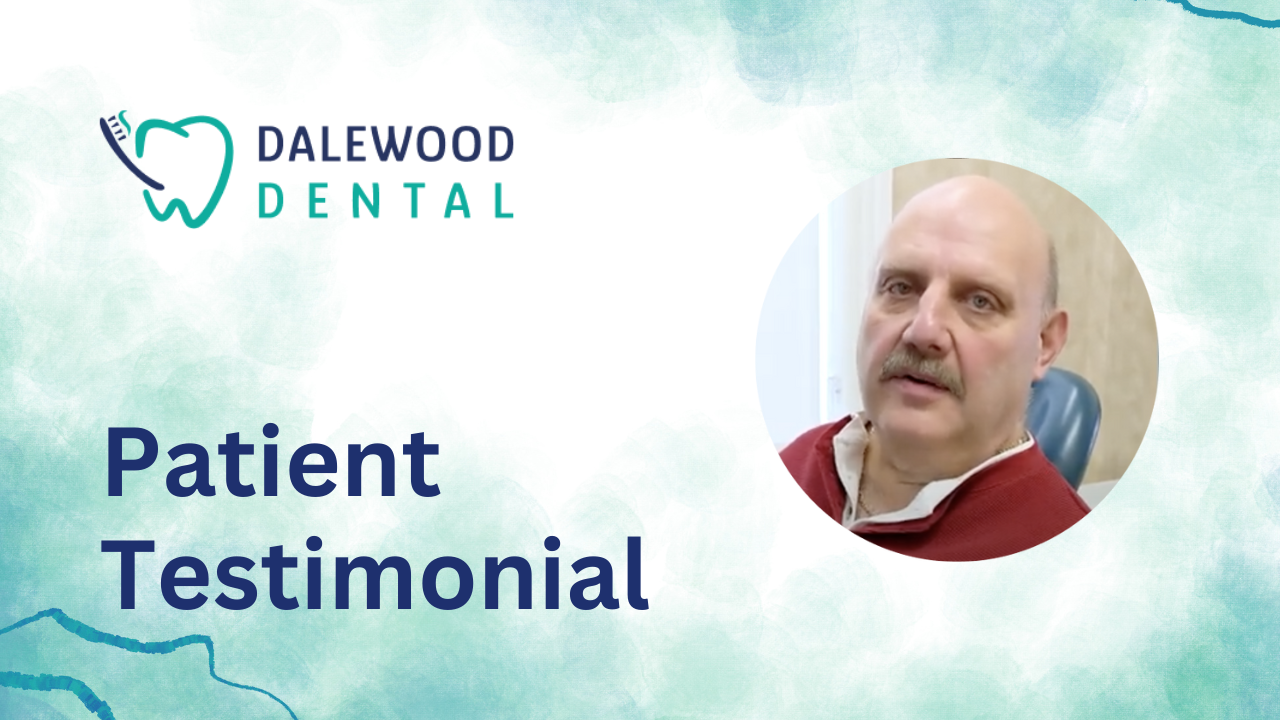
What is a dental emergency?
In general, any dental problem that needs immediate treatment to stop bleeding, alleviate severe pain, or save a tooth is considered an emergency. These things can happen as a result of accidents, fights, a cavity that finally reached the nerve and more. This consideration also applies to severe infections that can be life-threatening.
Do I need emergency dentistry?
Emergency dentistry can save your natural teeth, stop an infection from spreading to the rest of your body and more. For example, if your tooth got knocked out in an accident, there’s a chance it can still be put back in, but only in a short period of time. With your natural tooth back in, you can avoid expensive implants and painful procedures. Similarly, you can get more natural, cheaper treatments for other dental emergencies if you act fast.
You should get emergency dental care, if you experience the following:
- Pain that prevents you from eating or sleeping.
- Knocked-out teeth.
- Broken or loose braces.
- Chipped, cracked, or broken teeth.
- Lost filling or crown.
- Abscess or “pimple” on the gumline.
What to do if you’re experiencing a dental emergency?
Dental emergencies can be scary, but panicking won’t help. If you have an emergency - please remain calm, perform the first aid steps from below, and see a dentist as soon as possible.
Toothache
Apply a cold compress or ice pack to the affected area. You can take a pain reliever like acetaminophen (ex. Tylenol) or ibuprofen (ex. Advil). Try NOT to take Aspirin, since it’s an anticoagulant, and in case you need surgery it will thin out your blood and worsen the bleeding. When taking medication – follow your doctor’s advice, and the instructions on the medication package. Make a note of what medication, how much, and the time it was taken at.
Knocked-Out Teeth
If a whole natural tooth was knocked out, and it is reasonably clean – first make sure you handle it by the crown, not the root, and immediately try to put it back into the socket (This will prevent the reattachment cells from dying). If the tooth is not clean – you can rinse it, but do not scrub it. If you can’t put the tooth back in – place it in a cup of warm milk. A knocked-out tooth is more likely to be saved if treated within the hour. Call us immediately to increase the chances of saving your tooth.
Broken Teeth
If a part of your tooth broke off, find and save all the pieces of the tooth. Rinse your mouth with warm water to wash away smaller pieces. If you are bleeding, apply a piece of sterile gauze on the area until the bleeding stops. You can use a cold compress or ice pack to relieve some of the pain and swelling. To restore the tooth and prevent further damage – call us immediately.
Abscess
If you have an abscess – rinse your mouth with a mild saltwater solution several times a day (half a teaspoon of table salt in 8 ounces of water). This should help relieve the pain and draw the pus toward the surface. An abscess is an infection at the root of a tooth, or between the teeth and gums. It can damage tissue and the surrounding teeth, and it can also spread to other parts of your body if it’s left untreated. To prevent further abscess damage – call us to have it treated.
Fallen-out filling
As a temporary solution, you can apply orthodontic wax on the hole left by the fallen-out filling. Orthodontic wax is soft and can be molded to cover and protect the hole until you can see a dentist. You can find it in most drug stores. This is just a temporary solution and you should see a dentist as soon as possible to permanently fix the filling.
Jaw Injury
If you’ve experienced some trauma to your jaw, follow these steps: Do not eat solid food, place an ice pack on your face, then call us to determine your next step. However, if you think your jaw may be broken – you should see an emergency dentist immediately.
Contact us today
to schedule an initial consultation & exam.
Your consultation will include an examination of everything from your teeth, gums and soft tissues to the shape and condition of your bite. Generally, we want to see how your whole mouth looks and functions. Before we plan your treatment we want to know everything about the health and aesthetic of your smile, and, most importantly, what you want to achieve so we can help you get there.
Frequently Asked Questions









